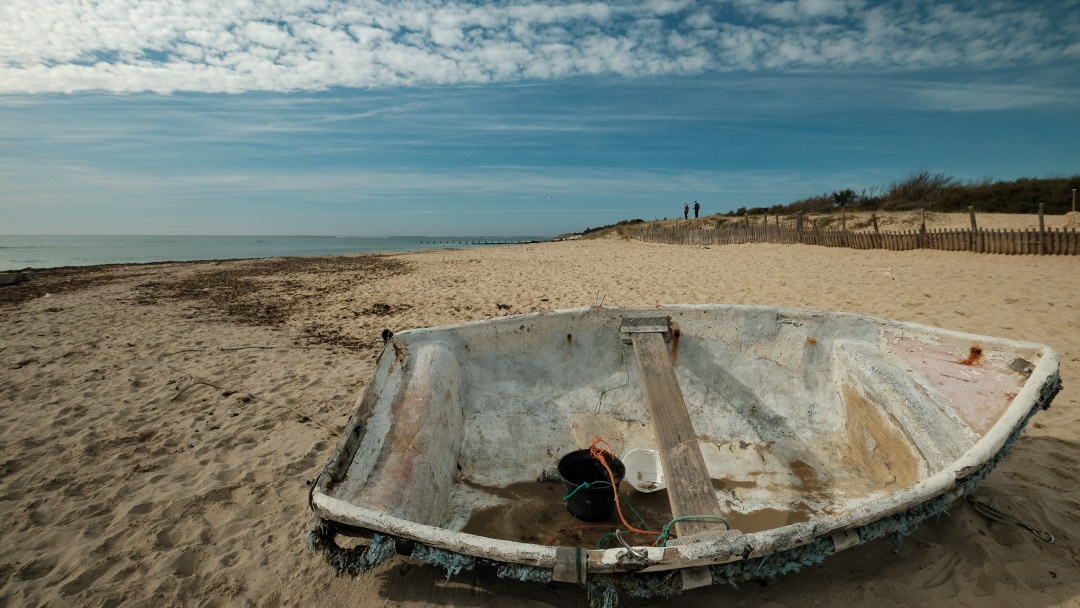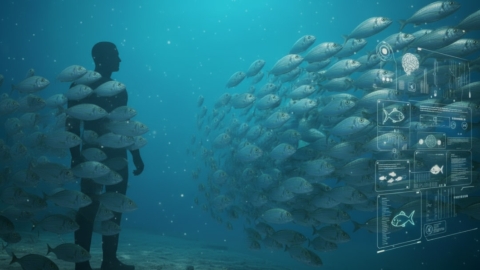
Is aquaculture always the solution for coastal communities facing the decline of fisheries? According to a new study conducted in two coastal communities in Baja California Sur, the transition from fishing to aquaculture often leads to fragmented and conflicting outcomes, rather than representing the direct path to sustainability it is often presented as.
According to the authors, aquaculture interventions promoted under the so-called "blue transitions" often overlook local realities and community perspectives. Using an exploratory mixed-methods approach, the researchers gathered testimonials and data to assess how these projects are perceived and experienced at the community level. The research, titled "Aquaculture is not always the solution: rethinking blue transitions through justice and community experience", was carried out between 2021 and 2023 and used ethnography, interviews, focus groups and surveys.
The study proposes a justice-centred framework to evaluate aquaculture policies, which emphasises three dimensions: equity in the distribution of benefits, recognition of local knowledge and identities, and procedural justice in decision-making processes. The findings suggest that, when these dimensions are not adequately considered, aquaculture projects can exacerbate social inequalities, marginalise certain groups and lead to disputes over resources.
"Rather than offering a simple replacement for fishing, aquaculture interventions can fragment communities and lead to conflicting transformations," the study states. The researchers Liliana Sierra Castillo and co-authors, in their article published in the Global Environmental Change Journal, found that aquaculture generated problems in the communities such as illegal fishing of cultivated molluscs, inter-community conflicts, the loss of cultural identity linked to diving and the monotony of the work, despite the economic benefits.
The authors argue that achieving fairer and more sustainable transitions in seafood production systems requires governance approaches that are sensitive to context and scale. This involves strengthening community agency, recognising the diversity of livelihoods and designing policies that respond to local conditions rather than applying uniform solutions.
The research shows that aquaculture can play a role in sustaining coastal livelihoods, but only if it is developed through inclusive and participatory processes that take justice issues seriously. As the article concludes, effective blue transitions depend not only on technical solutions, but on governance frameworks that balance ecological sustainability with social equity.


